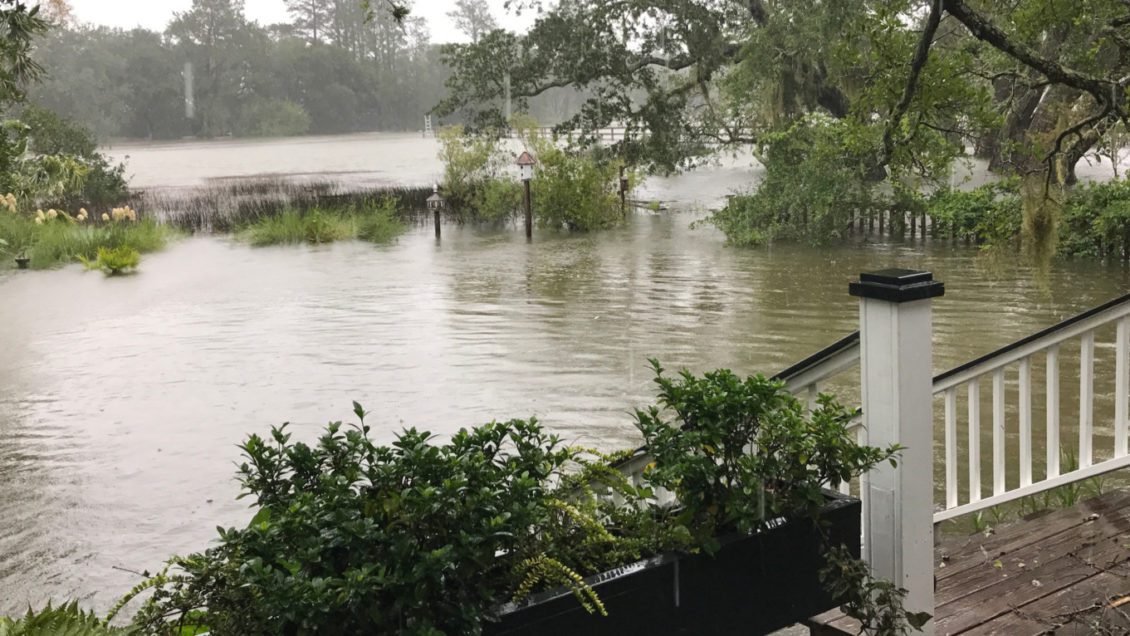CLEMSON — With flooding possible in the path of Hurricane Florence, Clemson Extension is advising residents who rely on drinking well water to take action to better prepare their wells, even as they are making plans to evacuate.

Clemson Extension is offering a fact sheet titled “How to prepare your well for the next flood: evacuation preparations and return home” that includes information on steps residents can take to prepare wells during potential evacuation preparations and upon return.
“With some simple preparation methods ahead of a potential evacuation, residents who rely on wells for their drinking water can save valuable time and lower the risk of illness due to flood-related water-borne pathogens,” said Cal Sawyer, water resources specialist. “This fact sheet contains some easy steps you can take before a potential flood that will protect you in the event that your well is submerged.”
Among the most important steps is to store adequate bottled water for drinking and cooking because if a well is submerged even temporarily during a flood, the well water won’t be usable to drink, brush teeth or cook with until it is tested and found suitable.
The South Carolina Department of Health and Environmental Control (DHEC) can test private drinking well water for bacterial contamination. Residents should locate the nearest regional DHEC Environmental Affairs office to obtain sample collection bottles and instructions before the flooding occurs, if possible. County Extension agents can help with locating the nearest office. Contact information for each county office is available here.
If available, locate the log/well report completed when your well was installed and store a copy of it in a safe place that will be accessible if you evacuate. Also, locate contact information for licensed well drillers in the area. If possible, contact a driller before evacuating if you think your well will need service immediately after the flood.
Residents should also fill up their well’s pressure tank as much as possible and turn off electricity to the well. Residents with an aerobic septic system should also turn off electricity for that system. No special preparations are recommended for conventional septic systems.
That information and more, including recommendations for restoring your well upon return from an evacuation and how to shock chlorinate a water well are included in the fact sheet.
Get in touch and we will connect you with the author or another expert.
Or email us at news@clemson.edu

